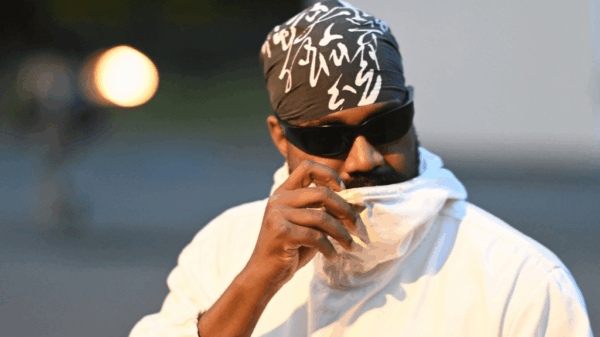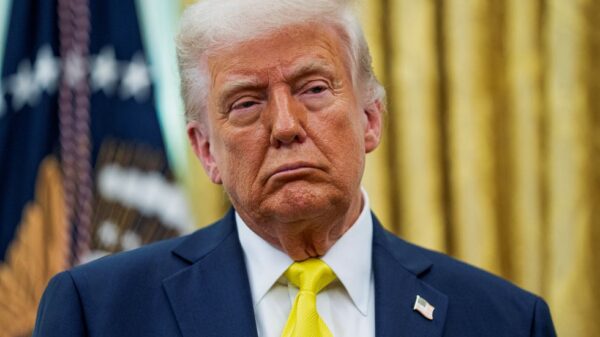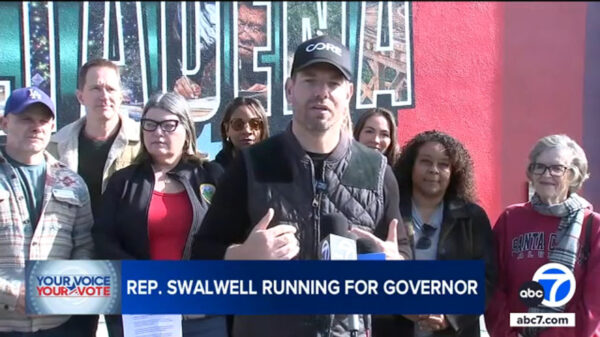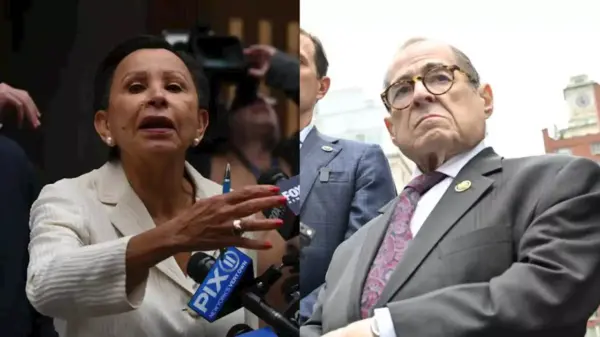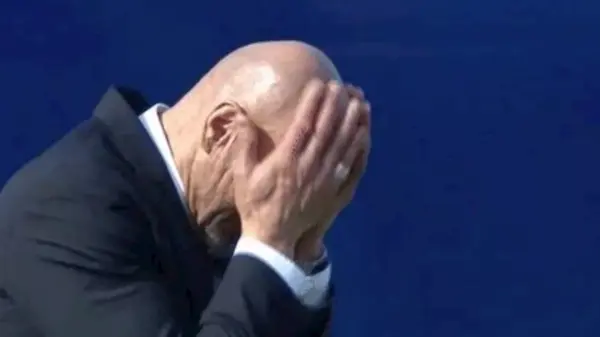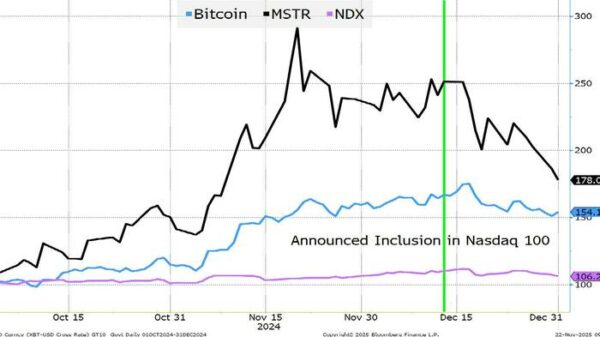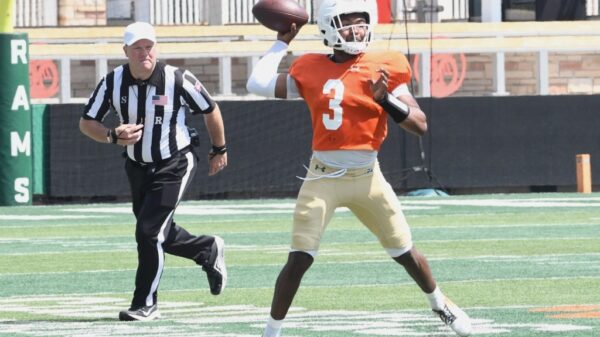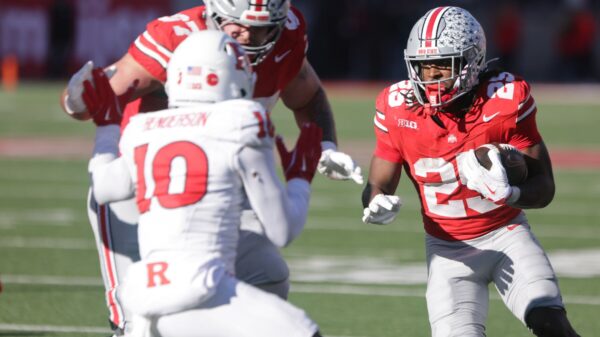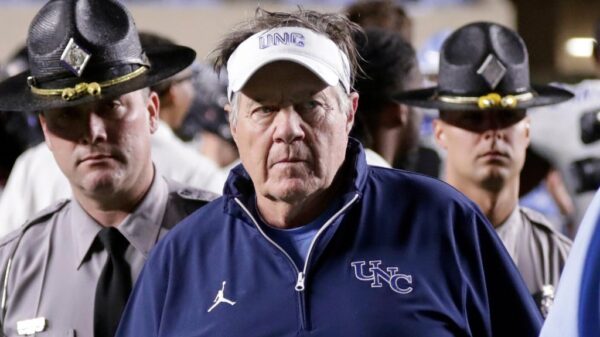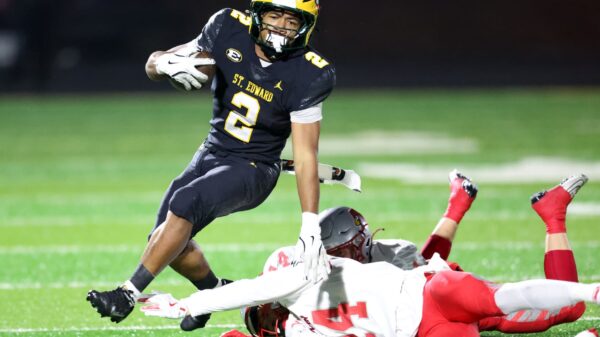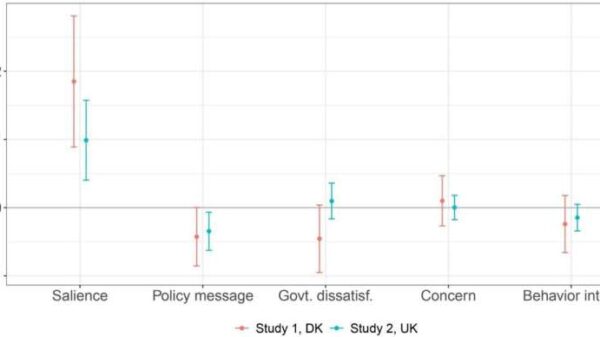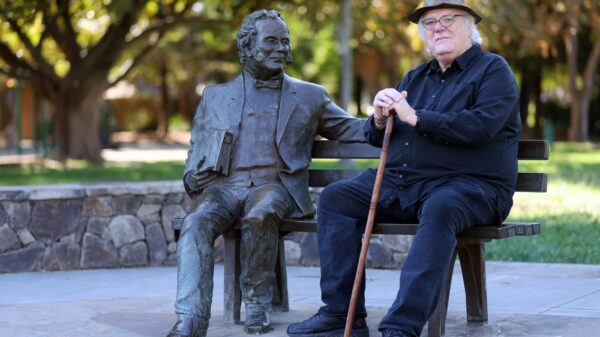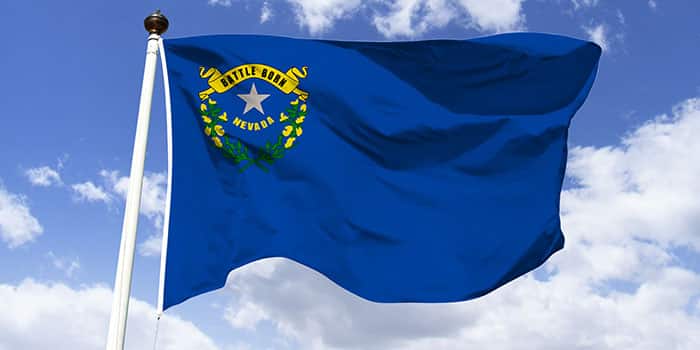UPDATE: The Nevada Gaming Commission has just upheld a severe ruling against horse trainer Ricardo Castillo Jr., enforcing a $100,000 fine and a staggering 15-year ban from racing. This decision effectively ends Castillo’s hopes to return to the sport, following a doping scandal involving four of his horses.
The ruling, confirmed at a hearing in Las Vegas, stems from drug test failures during quarter-horse races at the Elko County Fairgrounds over the 2024 Labor Day weekend. Officials reported that blood and urine samples from Castillo’s horses—Famous Prizes, Dr. B, BnB Hasta La Luna, and BnB Lightning McQueen—tested positive for banned substances including methamphetamine, amphetamine, and the painkiller Tramadol. These horses collectively earned $17,700 in prize money before the results were revealed.
Initially, Castillo faced minor penalties of $1,000 and a one-year license suspension for each offense. However, following Castillo’s appeal, the Nevada Gaming Control Board intervened, escalating the penalties significantly. The case was then forwarded to the Gaming Commission, which rejected Castillo’s plea for leniency.
During the hearing, Castillo’s attorney, Jennifer Gaynor, argued that the penalties were disproportionately severe compared to typical fines ranging from hundreds to thousands of dollars, and that bans usually last weeks or months. She emphasized Castillo’s clean record and the financial burden of the fine, claiming it would be challenging for him to pay as a rural trainer.
However, the commission remained resolute. Board member Abbi Silver pointed out that Castillo’s defense of accidental contamination could not account for the multiple positive tests across different racing days. The commissioners stressed that the safety of the horses and the integrity of the sport were paramount concerns, outweighing Castillo’s financial situation.
Commission Chair Jennifer Togliatti highlighted the potential dangers that could have arisen from racing drugged horses, indicating that the ruling aims to prevent future incidents. Castillo, visibly emotional, addressed the panel, stating that coaching had been his lifelong passion and he never intended to cause harm.
With the commission’s decision now final, Castillo faces a lengthy absence from the racing world and a substantial financial penalty that he acknowledges will be difficult to manage. As this case concludes, the implications for horse racing integrity and athlete accountability resonate strongly across the industry.
As developments unfold, stakeholders in the racing community and fans alike are left to ponder the impact of such stringent measures on the future of the sport. Stay tuned for more updates.



